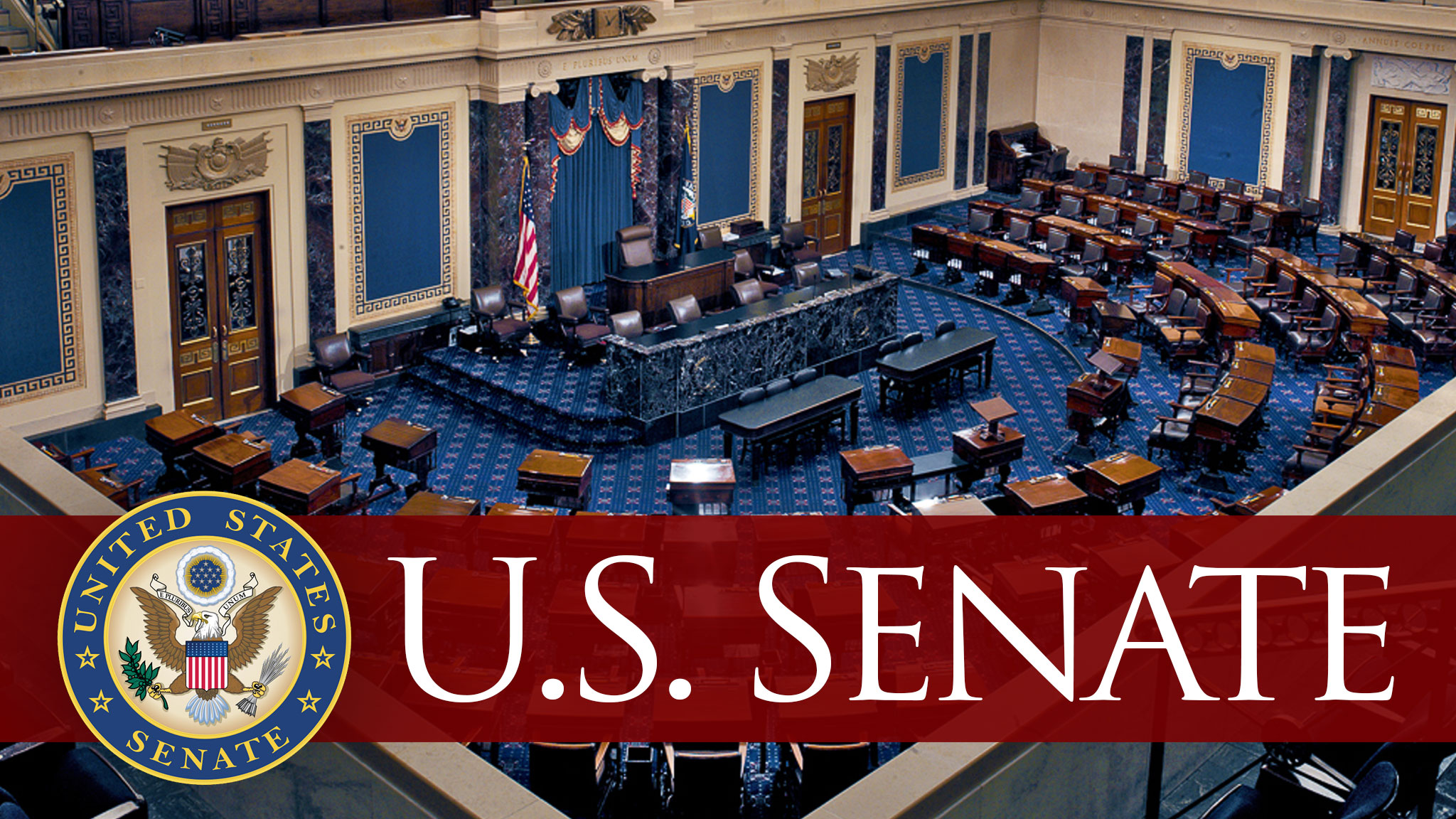Washington D.C. – Both Democrats and Republicans have been battling and negotiating with the White House to approve a $1.8 trillion coronavirus stimulus package.
There are major policy disagreements standing in the way. Democrats are objecting to a $500 billion chunk that’s allocated for big businesses, which they say doesn’t have enough oversight. Democrats also want to secure more money for hospitals and health care workers on the front lines of the coronavirus outbreak, as well as state and local governments.
During a Sunday night procedural vote in the Senate, the bill put forth by Senate Republicans failed to get the 60 votes needed to move forward; 47 senators voted for the bill while 47 voted no. Democrats were united in their opposition; even more conservative members of the Democratic caucus like Sen. Joe Manchin of West Virginia issued statements after decrying Majority Leader Mitch McConnell’s bill for prioritizing big business over money for hospitals and workers.
On Monday afternoon, that same procedural vote failed again 49-46, as Democrats maintained their opposition to the proposed package.
Republicans were always going to have to negotiate with Democrats to get to 60 votes. But to complicate matters, the GOP needs Democratic support even more given how many Republican senators aren’t able to participate in votes right now. Five Republican senators are self-quarantining due to concerns that they may have been exposed to coronavirus, including some who are doing so after Sen. Rand Paul (R-KY) announced he tested positive for Covid-19 on Sunday night.
Paul’s behavior has prompted an outcry from a number of his colleagues — questioning why he continued to appear in the Senate for Republican conference lunches and other votes. Based on how infectious the disease is, it could only be a matter of time before more senators are impacted.
The main hang-up on the bill is Democrats’ objection to $500 billion that would go to big companies and industries hit hard by the coronavirus crisis. As the bill is currently written, much of the use of that money would be under the discretion of Treasury Secretary Steven Mnuchin, and Democrats want rules and regulations around the funds to direct them to the workers — not CEOs.
After the procedural vote failed on Sunday, Senate Minority Leader Chuck Schumer explained what Democrats were opposed to. In his words: “A giant, giant corporate bailout fund with no accountability — you wouldn’t even know what loans were made until six months later.” Two other big points that Democrats want to see movement on are increased funding for hospitals and necessary equipment like ventilators and masks, and increased federal funding for state and local governments trying to grapple with the growing crisis.
McConnell’s GOP votes are shrinking. The situation increases Democrats’ leverage and makes bipartisan agreement even more paramount.
The normally reserved McConnell looked visibly angry Sunday night as he spoke on the Senate floor, laying blame at the feet of Schumer and House Speaker Nancy Pelosi.
“We had a good bipartisan bill developed on a bipartisan basis with members in the Senate over the last 48 hours, until the Democratic leader and the speaker of the House decided to blow it all up and play Russian roulette with the markets,” McConnell said. “The result of what the Democratic leader just did was to prevent us from voting right after the markets open in the morning, and allow the markets to be rattled until noon.”
Democrats, meanwhile, are furious at McConnell’s characterization of the legislation as “bipartisan,” since they weren’t included in much of its initial development.
Negotiations between Schumer, McConnell, and the White House continue. As both the number of coronavirus cases and the number of layoffs rise in the US each day, the need to reach a compromise is pressing.
Nancy Pelosi announced the Democrats version of the relief bill.

COMMENTS